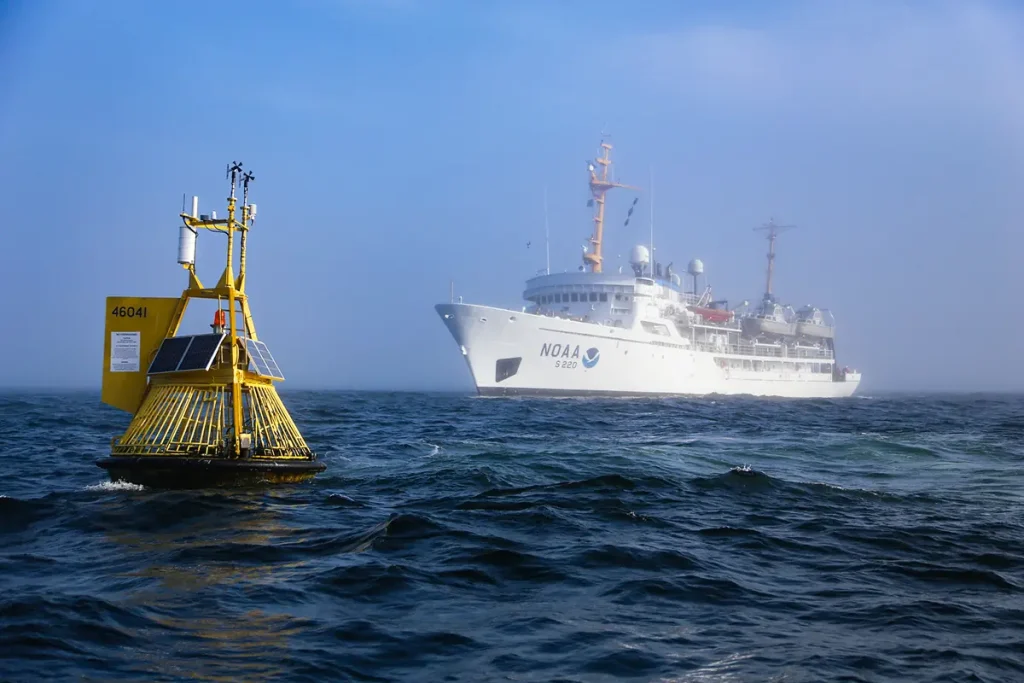U.S. Ocean Acidification Action Plan, Marine Carbon Dioxide Removal Fast Track Action Committee named as key national accomplishments
Major actions for the Ocean Climate Action Plan The Ocean Climate Action Plan (OCAP), released by the Biden-Harris Administration in March 2023, serves as a roadmap for taking ambitious actions on ocean climate priorities. Within the OCAP, marine carbon dioxide removal (mCDR) is a main theme under the goal of creating a carbon-neutral future. Also […]



